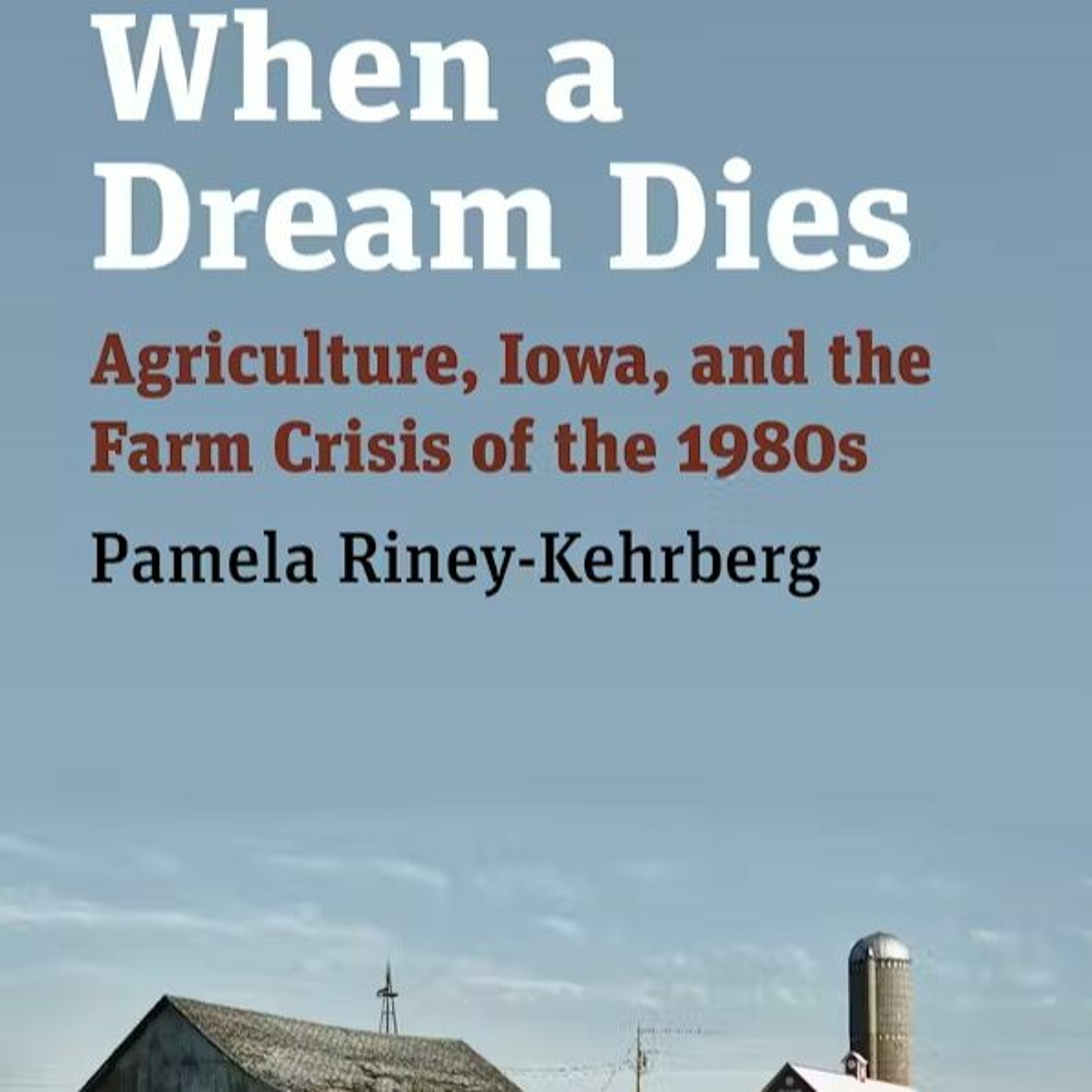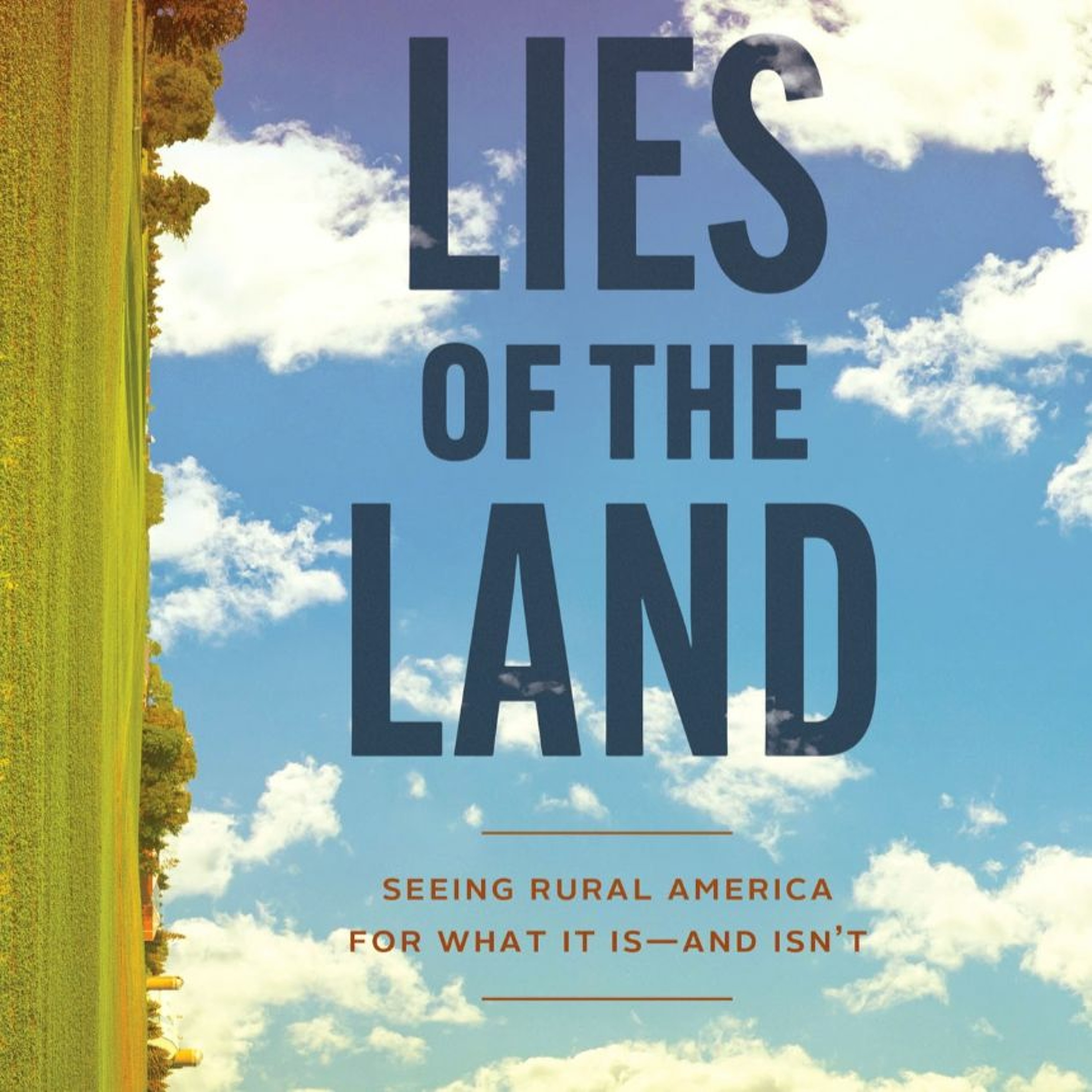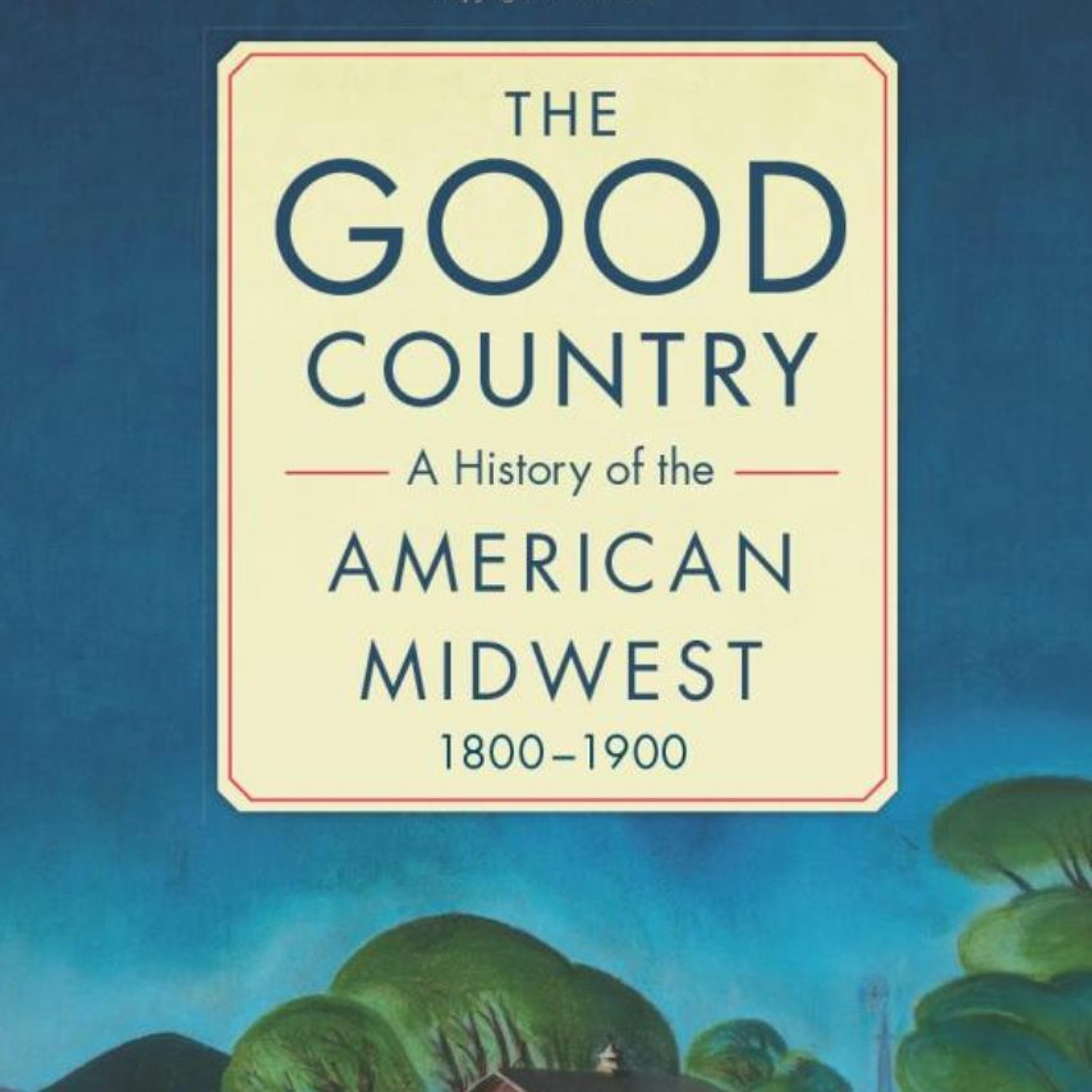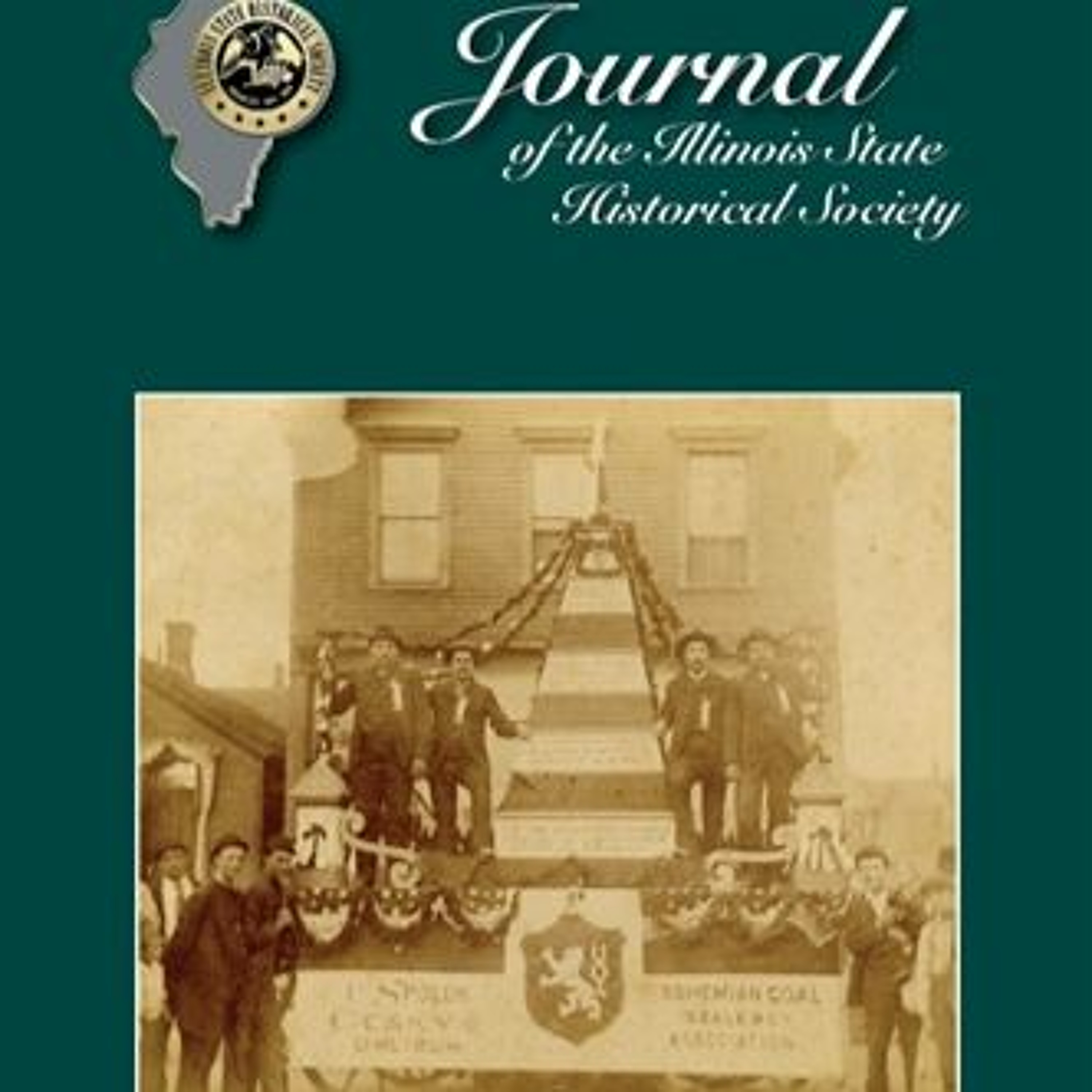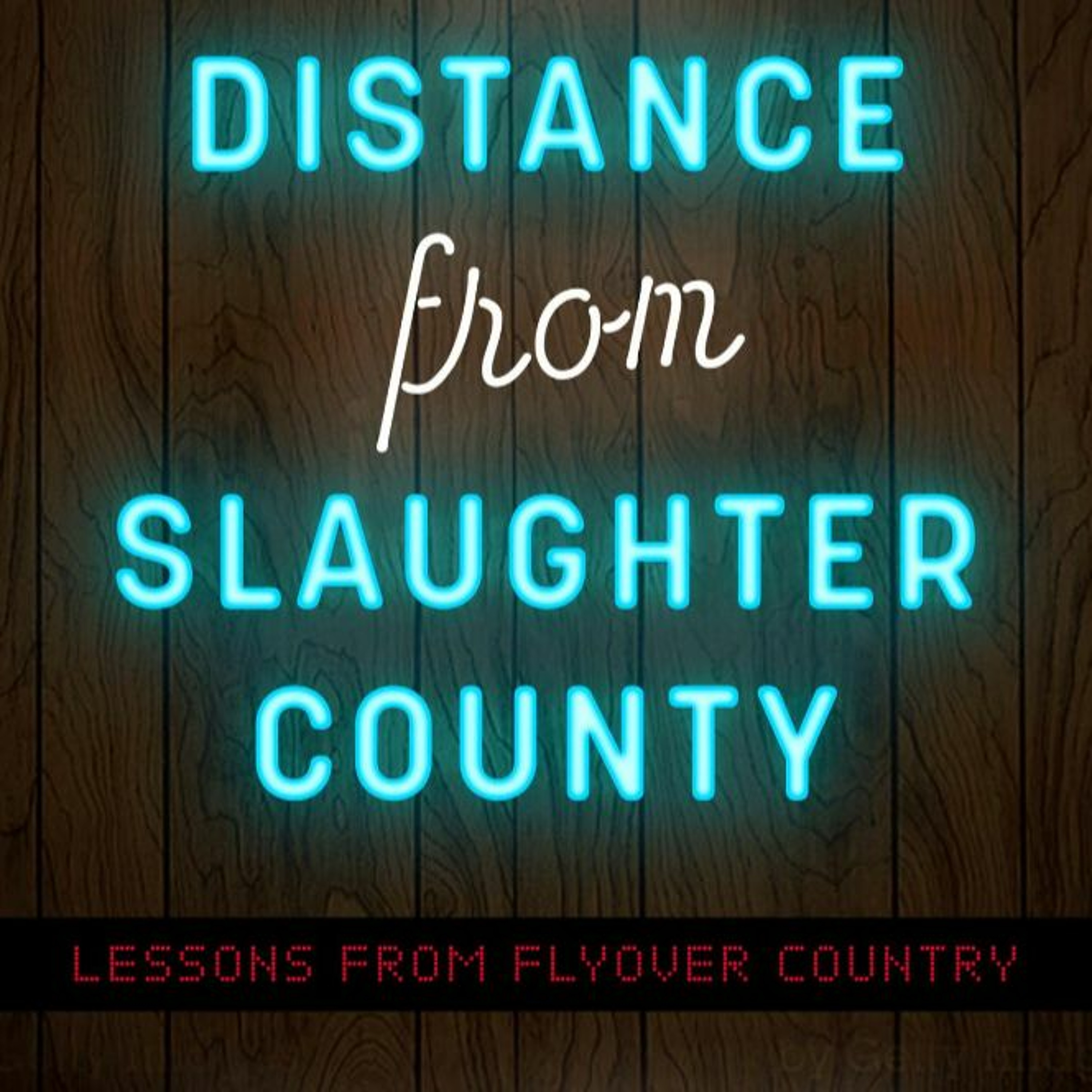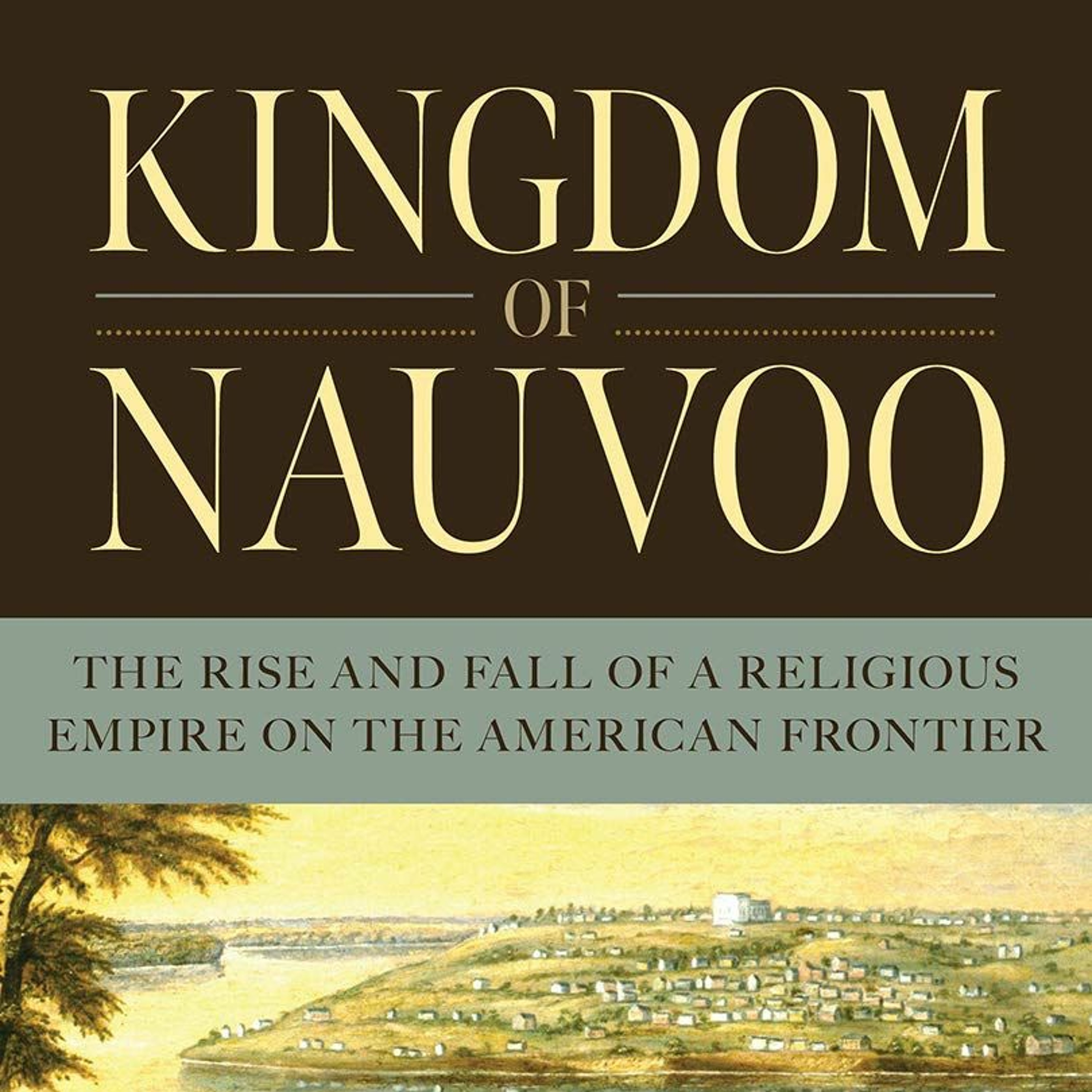Discover Heartland History
Heartland History

Heartland History
Author: Midwestern History Association
Subscribed: 75Played: 533Subscribe
Share
© All rights reserved
Description
A scholarly association devoted to Midwestern history
The Midwestern History Association, created in the fall of 2014, is dedicated to rebuilding the field of Midwestern history, which has suffered from decades of neglect and inattention. The MHA will advocate for greater attention to Midwestern history among professional historians, seek to rebuild the infrastructure necessary for the study of the American Midwest, promote greater academic discourse relating to Midwestern history, support the work of the new journal Middle West Review and other journals which promote the study of the Midwest, and offer prizes to scholars who excel in the study of the Midwest.
The Midwestern History Association, created in the fall of 2014, is dedicated to rebuilding the field of Midwestern history, which has suffered from decades of neglect and inattention. The MHA will advocate for greater attention to Midwestern history among professional historians, seek to rebuild the infrastructure necessary for the study of the American Midwest, promote greater academic discourse relating to Midwestern history, support the work of the new journal Middle West Review and other journals which promote the study of the Midwest, and offer prizes to scholars who excel in the study of the Midwest.
67 Episodes
Reverse
Dr. Carolina Ortega leads a discussion on Dr. Sergio Gonzalez's book, Stangers No Longer: Latino Belonging and Faith in Twentieth-Century Wisconsin, published by the University of Illinois Press.
Dr. Pamela Riney-Kehrberg discusses her new book, When a Dream Dies: Agriculture, Iowa, and the Farm Crisis of the 1980s.
Dr. Josiah Rector joins the podcast to talk about his recent book, Toxic Debt: An Environmental Justice History of Detroit.
Steven Conn discusses his new book, Lies of the Land: Seeing Rural America for What It Is - and Isn't.
Max Fraser discussers migration, labor, and culture in the Midwest by examining the experiences of migrant white workers in the region. The full book, Hillbilly Highway: The Transappalachian Migration and the Making of a White Working Class, can be purchased at the Princeton University Press website, https://press.princeton.edu/books/hardcover/9780691191119/hillbilly-highway.
Crystal Marie Moten - Continually Working by Midwestern History Association
John Nelson - Muddy Ground: Native Peoples, Chicago's Portage, and the Transformation of a Continent by Midwestern History Association
Dr. Melissa Ford joins us to discuss her new book A Brick and a Bible: Black Women's Activism in the Midwest During the Great Depression, published by Southern Illinois University Press.
Ashley Howard - What to the "Other" is the Midwest? by Midwestern History Association
Jon Lauck discussed his most recent book, The Good Country: A History of the American Midwest, 1800-1900.
Dr. Alonzo Ward is an assistant professor of history at Eastern Illinois University. He focuses on African American history in the Midwest during the nineteenth and early twentieth centuries, as well as the general history of race and ethnicity in the United States. Specifically, he researches African American labor history in Illinois in conjunction with the larger labor movement of the late nineteenth and early twentieth centuries. We are talking to him about his recent article “‘A Revolution in Labor:’ African Americans and Hybrid Labor Activism in Illinois during the Early Jim Crow Era,” which was recently published in the Journal of the Illinois State Historical Society.
Writer Steven Moore discusses his recent collection essays, The Distance from Slaughter County: Lessons from Flyover Country, recently published at the University of North Carolina Press.
Dr. Christopher Ali is the Pioneers Chair in Telecommunications and Professor of Telecommunications in the Bellisario College of Communications at Penn State. His research interests include media and telecommunications policy and regulation, broadband policy, critical political economy, critical geography, comparative media systems, qualitative research methods, media localism and local news.
In this episode Dr. Ali discusses his book Farm Fresh Broadband: The Politics of Rural Connectivity (MIT Press, 2021).
Dr. Fernández-Jones discusses her research which appeared in an edited collection titled, Building Sustainable Worlds: Latinx Placemaking in the Midwest. She also discusses her forthcoming book, Making the MexiRican City: Migration, Placemaking, and Activism in Grand Rapids, Michigan. Both projects were published by University of Illinois Press.
Dr. Kai Bosworth discusses his book, Pipeline Populism: Grassroots Environmentalism in the Twenty-First Century which was recently published by the University of Minnesota Press.
Dr. Sasha Maria Suarez, an assistant professor of history at UW-Madison talks about her latest essay "Indigenizing Minneapolis: Building American Indian Community Infrastructure in the Mid-Twentieth Century,” which appears in Indian Cities: Histories of Indigenous Urbanism, published by the University of Oklahoma Press.
From the publisher: "From ancient metropolises like Pueblo Bonito and Tenochtitlán to the twenty-first century Oceti Sakowin encampment of NoDAPL water protectors, Native people have built and lived in cities—a fact little noted in either urban or Indigenous histories. By foregrounding Indigenous peoples as city makers and city dwellers, as agents and subjects of urbanization, the essays in this volume simultaneously highlight the impact of Indigenous people on urban places and the effects of urbanism on Indigenous people and politics.
The authors—Native and non-Native, anthropologists and geographers as well as historians—use the term “Indian cities” to represent collective urban spaces established and regulated by a range of institutions, organizations, churches, and businesses. These urban institutions have strengthened tribal and intertribal identities, creating new forms of shared experience and giving rise to new practices of Indigeneity. Some of the essays in this volume explore Native participation in everyday economic activities, whether in the commerce of colonial Charleston or in the early development of New Orleans. Others show how Native Americans became entwined in the symbolism associated with Niagara Falls and Washington, D.C., with dramatically different consequences for Native and non-Native perspectives. Still others describe the roles local Indigenous community groups have played in building urban Native American communities, from Dallas to Winnipeg.
All the contributions to this volume show how, from colonial times to the present day, Indigenous people have shaped and been shaped by urban spaces. Collectively they demonstrate that urban history and Indigenous history are incomplete without each other."
https://www.oupress.com/9780806176635/indian-cities/
Camden joins Drs. Andrew Klumpp, Pamela-Riney Kehrberg, and Rebecca Conard for a wide-ranging conversation about regionalism, state and local history, and a recent issue of The Annals of Iowa.
If you are interested in learning more about The Annals of Iowa, previous issues are available here: https://pubs.lib.uiowa.edu/annals-of-iowa/issues/
Camden and Phil have a wide-ranging conversation about the Midwest as a place and as an idea, focusing particuarly on Phil's lastest book Midwest Futures available from Belt Publishing (https://beltpublishing.com/products/midwest-futures). From the Publisher:
The Midwest: Is it middle? Or is it Western? As Phil Christman writes in this idiosyncratic, critically acclaimed essay collection, these and other ambiguities might well be the region's defining characteristic. Deftly combining history, criticism, and memoir, Christman breaks his exploration of midwestern identity, past and present, into a suite of thirty-six brief, interconnected essays. Ranging across material questions of religion, race, class, climate, and Midwestern myth making, the result is a sometimes sardonic, often uproarious, and consistently thought-provoking look at a misunderstood place and the people who call it home.
Camden and Dr. Benjamin Park discuss Dr. Park's book "Kingdom of Nauvoo: The Rise and Fall of a Religious Empire on the American Frontier."
From the Publisher:
In Kingdom of Nauvoo, Benjamin E. Park draws on newly available sources to re-create the founding and destruction of the Mormon city of Nauvoo. On the banks of the Mississippi in Illinois, the early Mormons built a religious utopia, establishing their own army and writing their own constitution. For those offenses and others—including the introduction of polygamy, which was bitterly opposed by Emma Smith, the iron-willed first wife of Joseph Smith—the surrounding population violently ejected the Mormons, sending them on their flight to Utah. Throughout his absorbing chronicle, Park shows how the Mormons of Nauvoo were representative of their era, and in doing so elevates Mormon history into the American mainstream.
https://wwnorton.com/books/9781631494864
Guest, Dr. Brandon Ward who is the author of the recent study "Living Detroit Environmental Activism in an Age of Urban Crisis" (Routledge 2021) has a wide-ranging conversation with Camden about the ways environmental concerns were inseparable from issues related to housing, civil rights, suburbanization, organized labor, and deindustrialization in Detroit. Dr. Ward also draws attention to the opportunities that greater awareness of this legacy in contemporary political discourse creates for Detroiters.
From the publisher: In Living Detroit, Brandon M. Ward argues that environmentalism in postwar Detroit responded to anxieties over the urban crisis, deindustrialization, and the fate of the city. Tying the diverse stories of environmental activism and politics together is the shared assumption environmental activism could improve their quality of life.
Detroit, Michigan, was once the capital of industrial prosperity and the beacon of the American Dream. It has since endured decades of deindustrialization, population loss, and physical decay – in short, it has become the poster child for the urban crisis. This is not a place in which one would expect to discover a history of vibrant expressions of environmentalism; however, in the post-World War II era, while suburban, middle-class homeowners organized into a potent force to protect the natural settings of their communities, in the working-class industrial cities and in the inner city, Detroiters were equally driven by the impulse to conserve their neighborhoods and create a more livable city, pushing back against the forces of deindustrialization and urban crisis. Living Detroit juxtaposes two vibrant and growing fields of American history which often talk past each other: environmentalism and the urban crisis. By putting the two subjects into conversation, we gain a richer understanding of the development of environmental activism and politics after World War II and its relationship to the crisis of America’s cities.
https://www.routledge.com/Living-Detroit-Environmental-Activism-in-an-Age-of-Urban-Crisis/Ward/p/book/9780367334420



